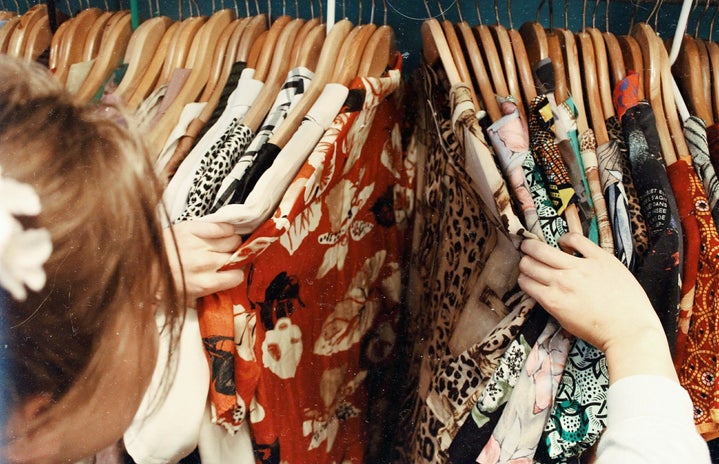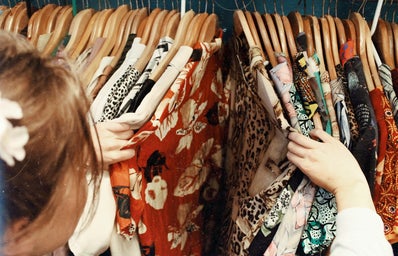A new year always means the time for lots of talk surrounding New Year’s resolutions. Personally, I associate New Year’s resolutions with goals that I will forget within a couple of weeks. I try to actively set goals for myself year-round; however, it has coincidentally happened that one of my recent goals has surfaced around the beginning of a new year. I’ve been reading quite a bit recently about the relationship between minimalism and mental health. This topic first got my attention when I was reading about the relationship between materialism and increased anxiety and depression in Johann Hari’s book Lost Connections. I will admit that retail therapy is a real thing for me, and it is absolutely a temporary fix that I’m not very proud of. This year my goal is to be more intentional about the items I purchase and use.

- If you sense a lack of intent behind your impulse to buy, ask yourself what is triggering this desire. Are you bored? Are you lonely/sad and need joy? Are you feeling anxious and need a quick distraction?
- Identify an activity you can do that targets the emotion you’re feeling. For example, when I’m feeling lonely/sad I’ll often call my childhood best friend who I know I can always count on. Or if I’m feeling extra anxious, writing down how I feel can help me through the process. As humans, we like convenience and habit, so writing out a list ahead of time can help keep you from immediately jumping to materialistic desires.
- Reflect. Personally, I find that by making a note to reflect on the relationship between my actions and thoughts, I am able to be more intentional about the way I carry myself through life.
There’s nothing wrong with treating yourself with material items here and there, but there are other ways to indulge in self-care. In the last couple of years, I’ve accidentally made a habit of always splurging on a new pair of shoes I’ve been eyeing or a cute clothing item I saw. Something I’ve been trying to do is identify other actions that bring me joy, and make time for these activities instead. For me, this means taking time out to do some art or read a book.




